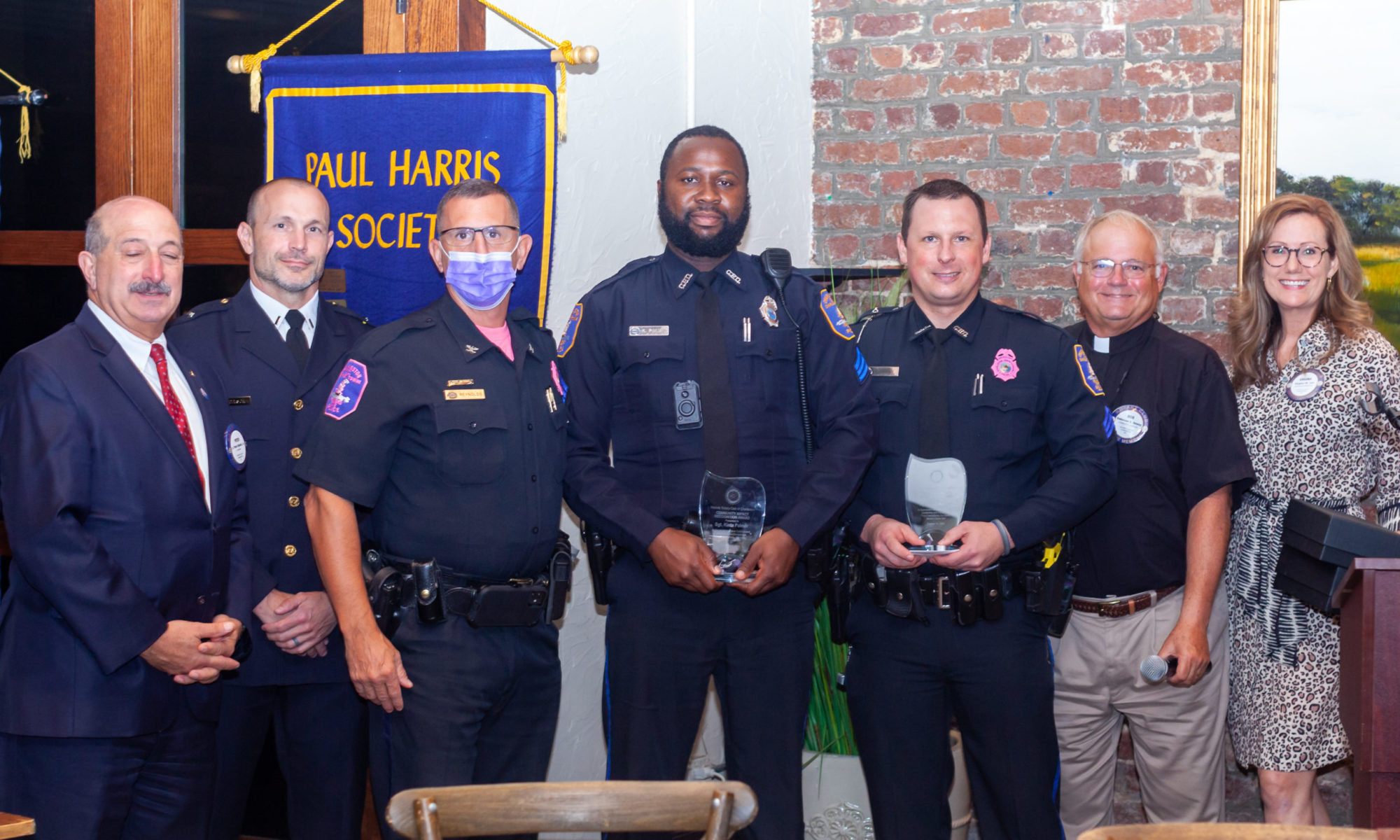The Civil War Facts or Fiction …
April 6, 2010: Andy Brack provided an overview of the new Civil War lecture series that was kicked off today with a presentation by The Citadel History Professor, Kyle Sinisi. He provided a compelling overview of the timeline of how historians since the 19th c. have qualified the genesis and justification of the conflict (aka, “the great unpleasantness,” “the war between the states…”). Andy introduced lecturer, Kyle Sinisi, professor of History at The Citadel. He listed the other installments of the new series on the Civil War:
May 18 — Dr. Nic Butler, Charleston County Public Library, who will discuss material from an upcoming book he is writing that looks at militia music in the South during the Civil War: Music played mostly by African-American musicians that served as a precursor to Jenkins Orphanage bandstand later, Charleston’s brand of jazz.
June 15 — Dr. Bernard Powers, history professor at the College of Charleston, will review “Slavery and the Coming of the Civil War.”
July 27 — Dr. Stephen Wise, Director of the Marine Corps museum at Parris Island, will speak about blockade running during the Civil War. He is author of a highly-acclaimed book on the subject, Lifeline of the Confederacy: Blockade Running During the Civil War .
Dec. 7 — Dr. Eric Emerson, Director of the S.C. Department of Archives and History, will discuss South Carolina’s secession in Dec. 1860 (150 years earlier). He will bring the original copy of the Ordinance of Secession to the meeting. Eric is a former member of our club.
Professor Sinisi spoke to the rapt audience about the various views of the Civil War by historians over time. He provided an interesting overview of how historians have studied and assessed the reason for the war, the role of secession and the differences in values, or “belief sets” of the north and south (e.g., industrialization vs. agrarianism, art, music, government, etc.). One summary illustrated the shared responsibility in the start of the war due to regional beliefs. He cited the role of good and evil in the war as compared to World War II, where evil was more obvious and concrete. Interestingly, it wasn’t until the post WWII era that historians began studying the Civil War through the lens of good vs. evil and rested on slavery as the main source of that tension.
Submitted by: Mark Danes, Keyway Committee

